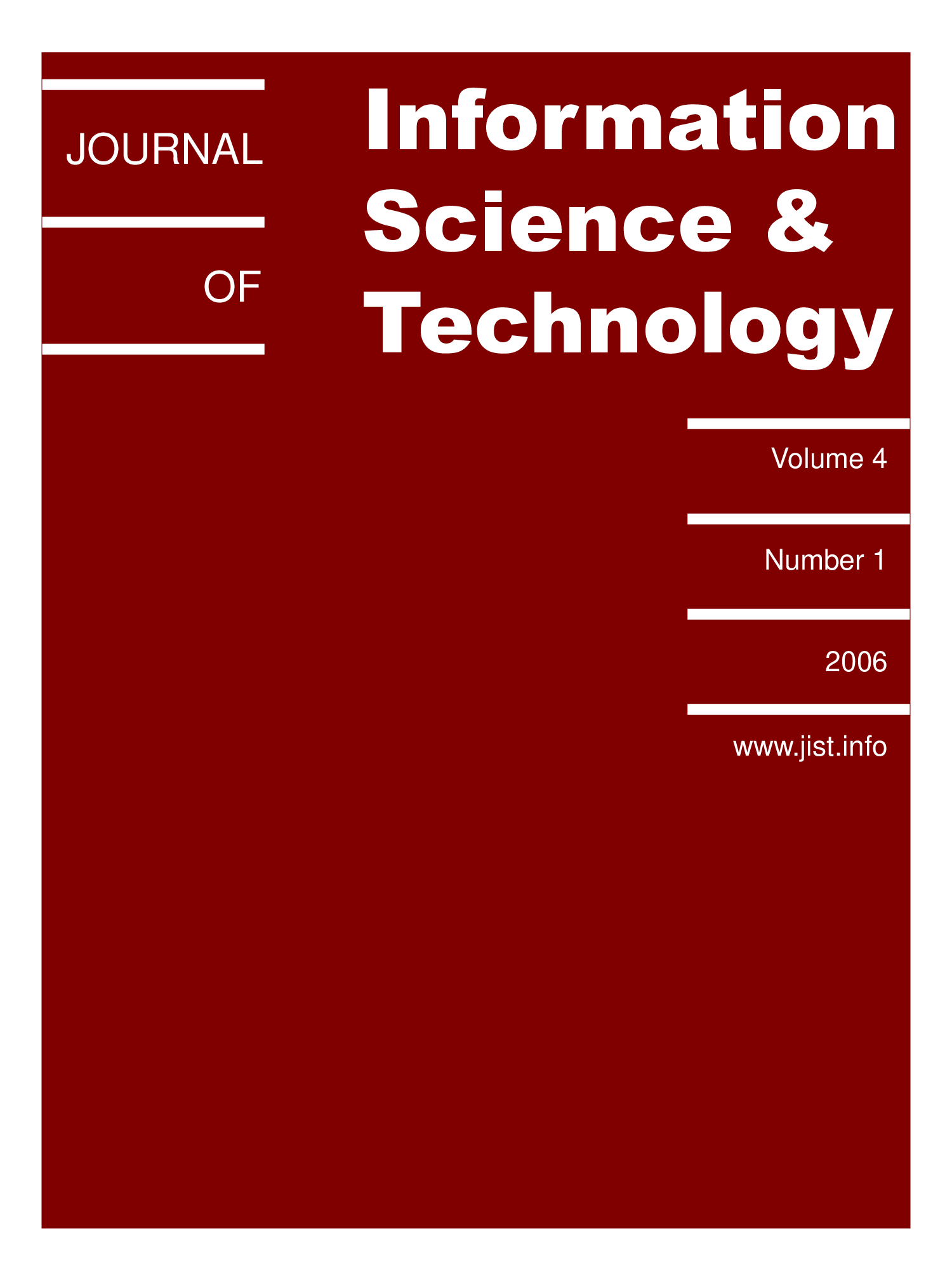The Effect of Cultural Differences on Attitude, Peer Influence, External Influence, and Self-Efficacy in Actual Online Shopping Behavior
Abstract
The growth of e-commerce, in particular Business-to-Consumer (B2C), has been explosive in the last decade. Recent research has established several factors influencing online shopping behavior (OSB) including attitude, peer influence, external influence, and self-efficacy. Despite this growth globally, few studies have explored the impact of cultural differences on OSB. Acknowledging that online consumers can potentially come from different cultures, this study conducted online surveys in two distinct national cultures to investigate how three dimensions of national culture may moderate the impact of attitude, peer influence, external influence, and self-efficacy on online consumer’s intention and actual transaction.
The results revealed that individualism appeared to amplify the effects of attitude on intention to transact while collectivism appeared to amplify the effect of peer influence on intention to transact. The relationship between external influence and intention to transact was found to be stronger among people in high power distance cultures. When deciding on whether to purchase online, people from long-term oriented cultures seemed to pay greater attention to self-efficacy. Implications of the study are discussed.




